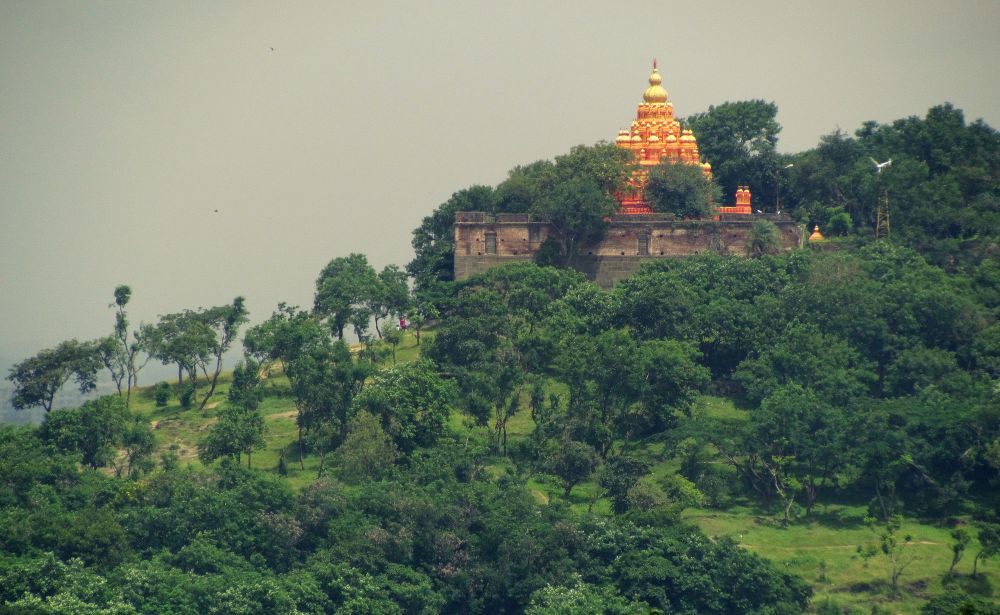

The Pataleshwar Cave Temple is an intriguing historical landmark located in the bustling city of Pune, Maharashtra, India. Dedicated to the Hindu deity Lord Shiva, the temple dates back to the 8th century during the Rashtrakuta period. Carved directly out of a single basalt rock, this ancient structure is an exemplary specimen of rock-cut architecture in Western India. Despite its urban location, it provides a tranquil escape for both pilgrims and tourists seeking serenity and a connection with India's rich past.
Though not as widely recognized as other Indian heritage sites, Pataleshwar has been a point of interest for visitors since the British colonial era. With Pune developing as a cantonment and a significant educational hub, the temple attracted history enthusiasts, spiritual seekers, and tourists exploring the cultural tapestry of the city. Over time, as India gained independence and awareness about its diverse cultural sites grew, Pataleshwar steadily became embedded in the tourism circuits of Maharashtra.
The temple's design mirrors the rock-cut structures of Ellora, found in the Aurangabad district of Maharashtra. Despite being unfinished, the temple showcases intricate carvings, a sanctum sanctorum – housing the Shiva linga (a symbolic representation of Lord Shiva), and a Nandi mandapa – graced by a statue of Nandi, the bull, which serves as the gate-guardian deity of Lord Shiva. The surrounding premises include a circular Nandi pavilion and a seating area that is occasionally used for meditation or cultural performances.
Visitors to the Pataleshwar Cave Temple are often struck by the stark contrast between the modern world outside and the old-world charm within. With no entry fee and a central location on Jangli Maharaj Road, the temple is easily accessible to travelers. Although it is a historical site, tourists often find it to be a living place of worship, adding to its authenticity and appeal.
In recent times, tourism trends have shifted towards experiences that blend culture, history, and tranquility. Pataleshwar offers just that, making it increasingly popular among those seeking a deeper understanding of India's traditions and history. Additionally, with the growth of digital media, travel blogs, and online reviews, the Pataleshwar Cave Temple has seen an uptick in both domestic and international visitors.
Furthermore, the government of Maharashtra has undertaken various initiatives to preserve and promote such heritage sites. The development of visitor facilities and guided tours have made sites like Pataleshwar more appealing to a broader audience, further boosting tourism in the region.
Recognizing its historical significance, the Archaeological Survey of India (ASI) has declared the Pataleshwar Cave Temple a protected monument. Continuous efforts are made to maintain the integrity of the temple's structure and its surroundings. Educational signs and information boards guide visitors through the temple, offering insights into its magnificent architecture and history.
The Pataleshwar Cave Temple remains a testament to the grandeur of India's ancient craftsmanship and cultural heritage. Its relevance in the history of tourism in Pune as a quiet retreat amidst an urban setting continues to captivate those who step into its timeless space. It is not just a site to visit, but an experience to cherish—a true jewel in the crown of Pune's historical treasures.